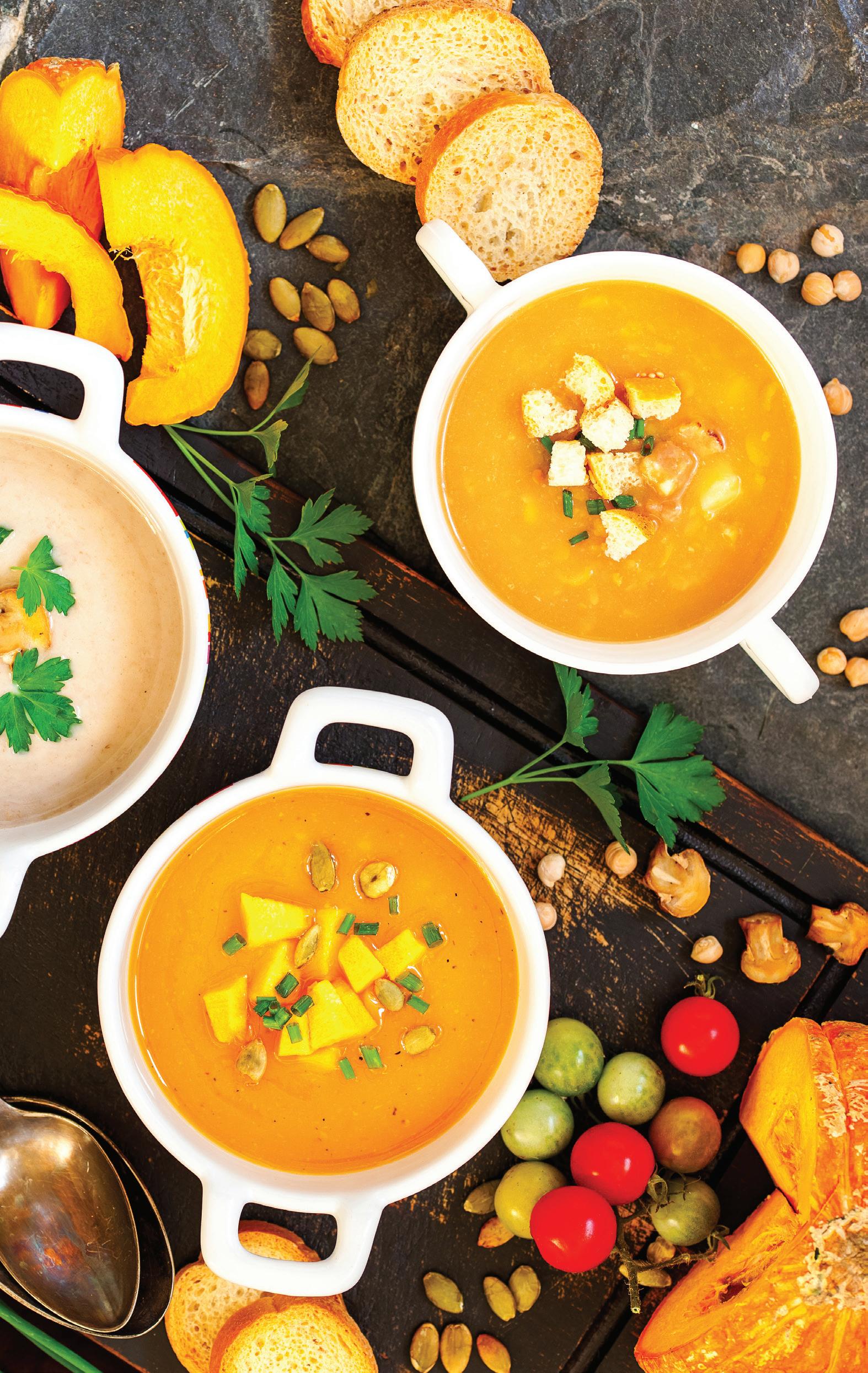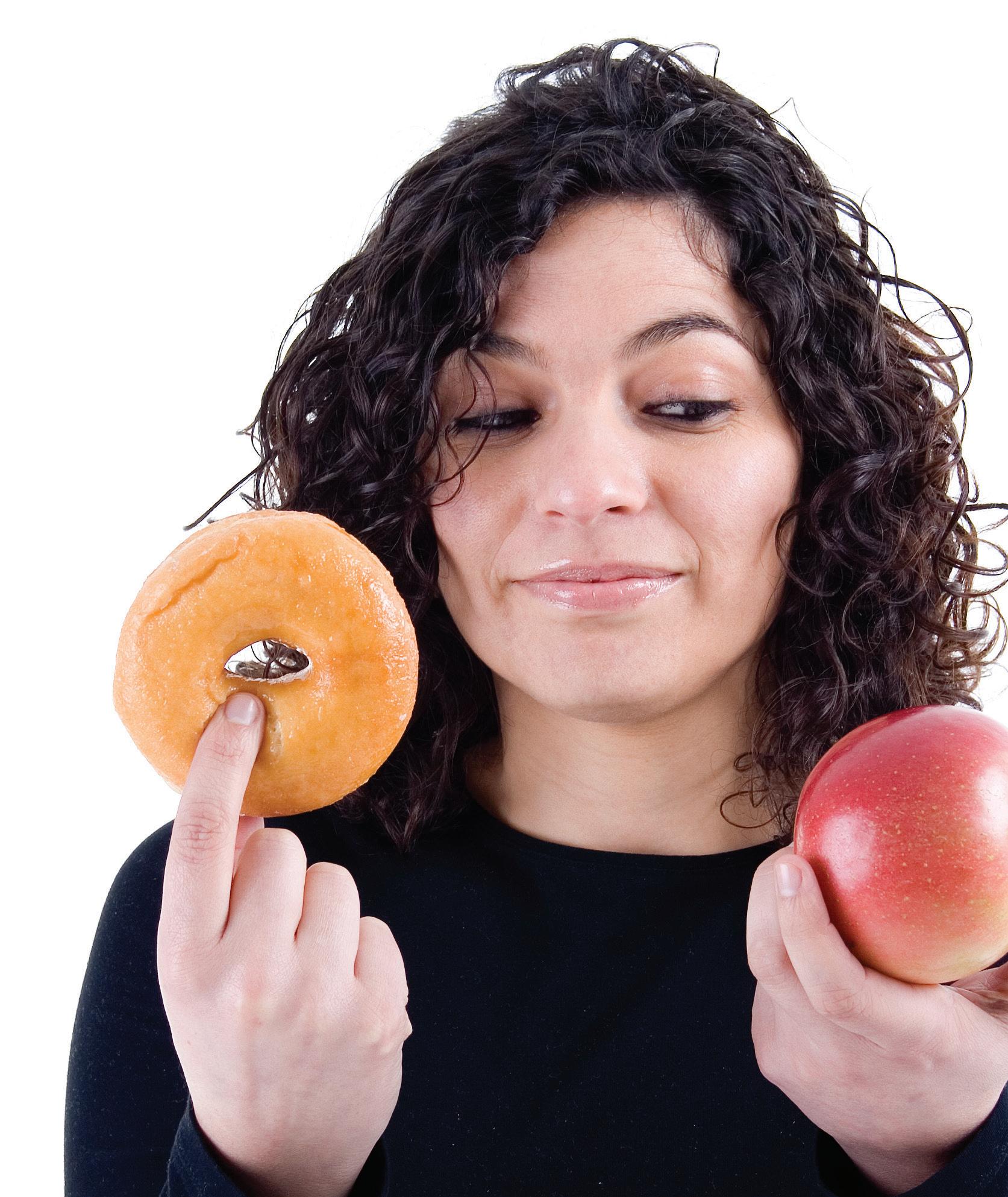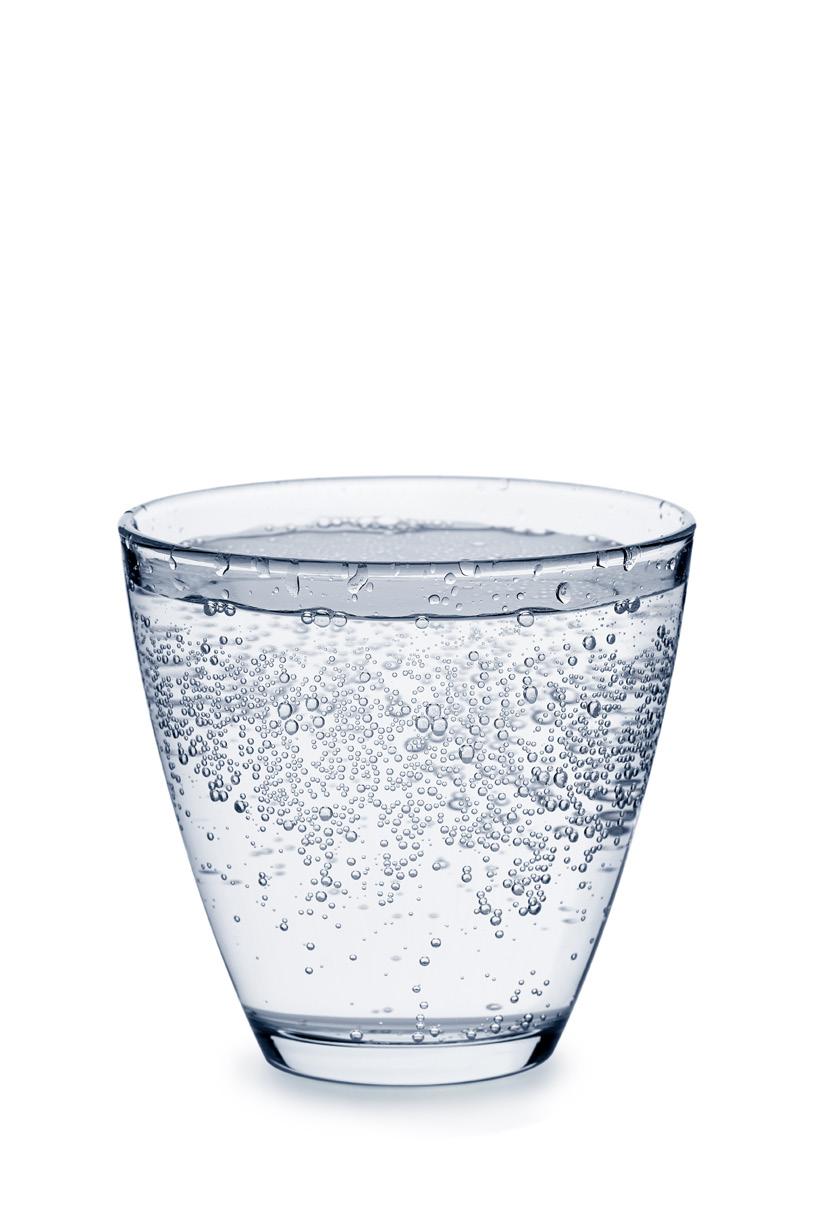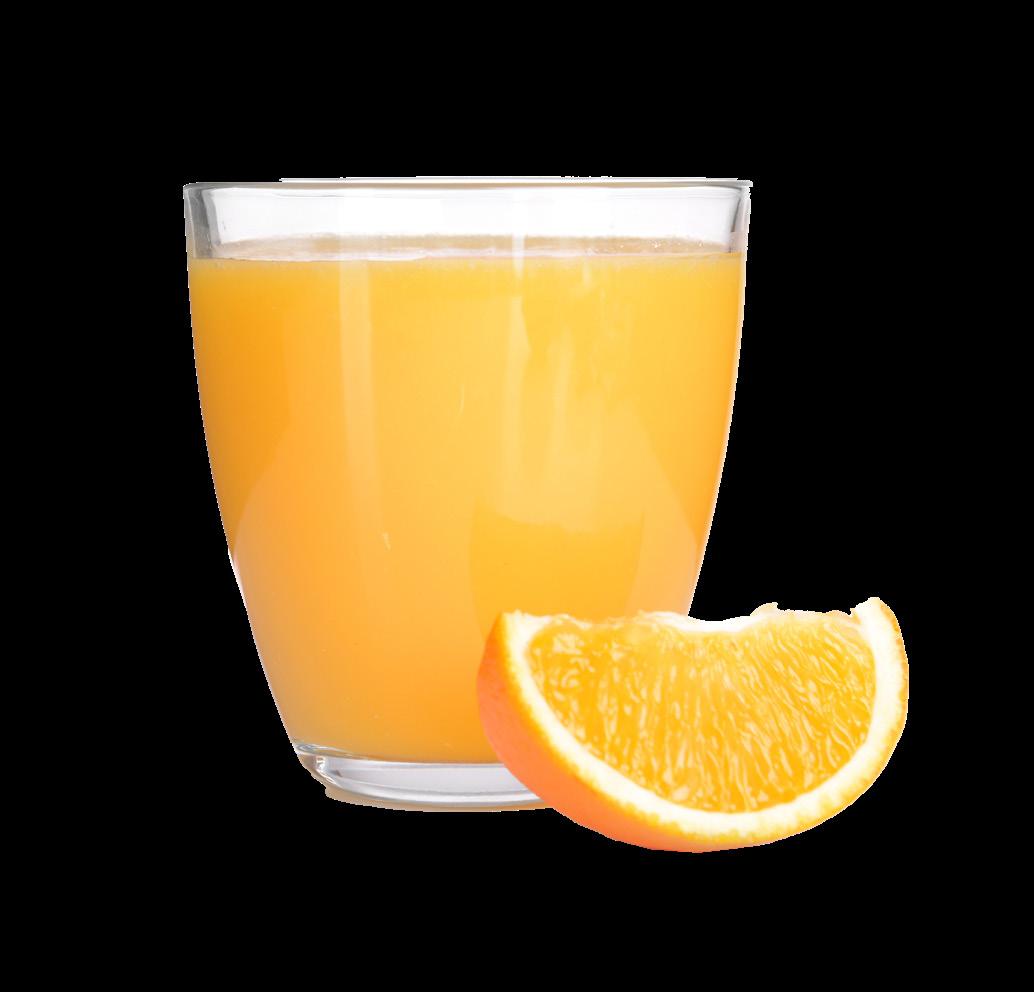

FIBRE & SUGAR
Fibre
Eating food rich in fibre will help you feel full for longer, so you’re more likely to stick to your daily calorie allowance. Fibre keeps your bowels healthy and can help reduce cholesterol.
Below are easy ways to boost your fibre intake in your snacks and meals
Breakfast
Swap white bread for wholemeal or wholegrain varieties.
Swap sugary cereals for high-fibre cereals such as wholegrain cereals, unsweetened muesli or porridge oats, and don’t forget to check the salt content.
Lunch and dinner
Aim to have at least two portions of vegetables on your plate at dinner.
Swap white rice and pasta for wholemeal versions – doing this can double the amount of fibre you eat.
Use pulses such as beans, lentils and peas in soups, casseroles, rice and pasta.
Snacks
Fruit – fresh, dried, canned or frozen. Don’t forget to eat the skin on fruits such as apples and pears.
Vegetable sticks – carrot, celery or cucumber sticks or a packet of sugar snap peas.
Reduced-fat hummus. For a bit of variety, dip your vegetable sticks, wholegrain crispbreads or pitta bread into a tub of reduced-fat hummus. You’ll get the fibre from both the vegetables and the bread.
Air-popped, plain popcorn. Homemade is best to avoid the high fat, sugar and salt content in some shop bought brands. Don’t add any sugar or butter.
Sugar
Eating and drinking foods that are high in sugar can be detrimental to your health as often high sugar foods have high calories and fewer nutrients so can increase the risk of health conditions such as heart disease, type 2 diabetes and stroke.
Cutting down on high sugar foods can help to reduce your health risks as well as your weight. The government suggest that added sugars should not make up more than 5% of the calories you eat and drink each day, this includes adding sugar to hot drinks, using honey on cereal and fruit juices.
The recommended amount of total sugar an adult should have each day is 30g. You should look at the nutritional labels on food packets at the amount of “carbohydrates (of which sugars)” and avoid foods with more than 22.5g total sugar per 100g and opt for foods with 5g or less total sugar per 100g.

Below are easy ways to boost your fibre intake in your snacks and meals
Easy ways to boost your fibre intake in your snacks and meals
• Swap sugary, fizzy drinks for sparkling water with unsweetened cordials
• Keep fruit juices to one 150ml serving a day
• Try to reduce the amount of sugar you add to hot drinks or cereals
• Swap any high sugar cereals for lower options such as oats or wholegrain varieties

• Cut down on the number of sugary snacks such as biscuits, cakes and pastries
• Swap high sugar cordials for low sugar options
• Try a swap to reduced sugar jams or marmalades
• If you use fruit from cans, opt for fruit in water not syrups
• Opt for dark chocolate with a higher cocoa percentage

